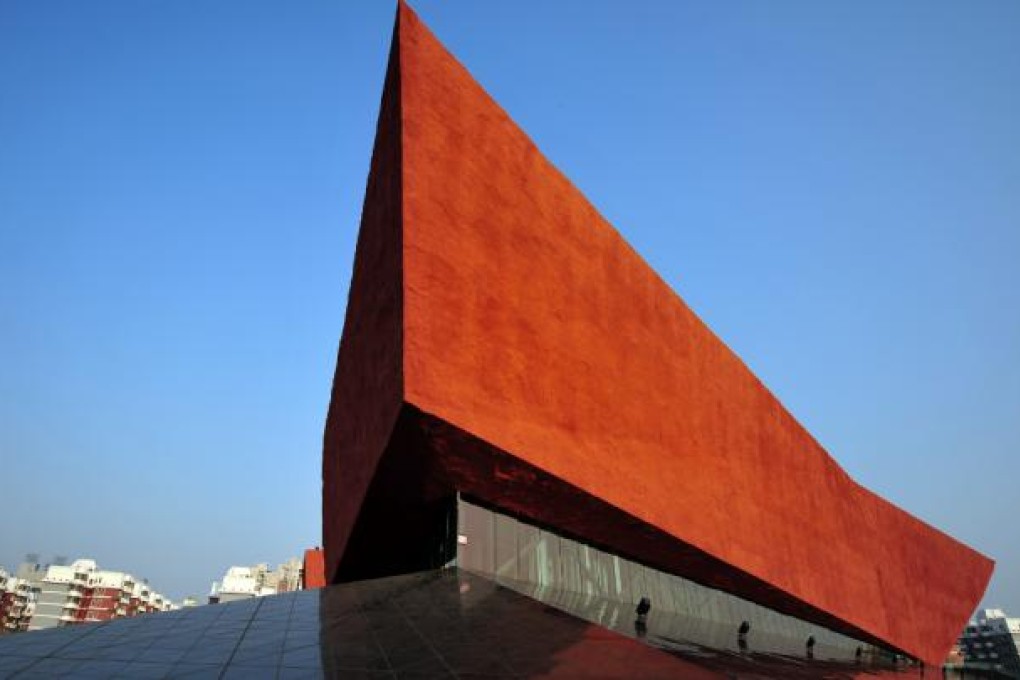
The Xinhai Revolution of 1911 is the single most important event in modern Chinese history, one that ushered in new, modern ideals for the governance of the nation and dispatched the Qing dynasty.
The revolution set in motion a chain of events that led to civil war on the mainland, war with Japan and, eventually, the rise of the Communist Party as the architect of New China.
The revolution's most important rebellion, the Wuchang Uprising, took place in Wuhan.
Last year, the city celebrated the uprising in grand fashion, inaugurating a slew of museums and tourism sites and promoting the ideals of the revolution.
The Wuchang Uprising began when Qing authorities tried to nationalise railway projects in Sichuan, Hubei and Guangdong provinces, and use funds gained to pay reparations to foreign powers that were occupying parts of China at the time.
Chinese across the country rebelled against perceived weakness by the Qing and the rebellion reached a head in Wuhan.